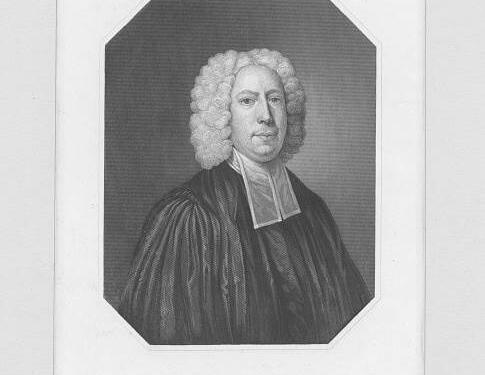Samuel Johnson, born on September 18, 1709, in Lichfield, England, remains a towering figure in English literature, celebrated for his contributions as a poet, essayist, moralist, and lexicographer. His most notable achievement, A Dictionary of the English Language, published in 1755, was groundbreaking. This monumental work not only defined words but also shaped the English language itself, setting a standard for future dictionaries. Johnson’s meticulous approach, exemplified by his inclusion of quotations to illustrate word usage, made the dictionary an essential reference for scholars and writers alike.
Beyond lexicography, Johnson’s literary prowess is evident in his essays and critiques. His collection, The Rambler, published from 1750 to 1752, showcased his keen insights into human nature and society. Through this series of essays, he explored moral and philosophical themes, offering readers profound reflections on life. His work in The Idler, alongside James Boswell, further cemented his reputation as a perceptive commentator on contemporary issues.
Johnson’s relationship with Boswell culminated in The Life of Mr. Johnson, a biography that remains one of the most significant literary works in English. It not only details Johnson’s life but also captures his wit, wisdom, and personality, offering a unique glimpse into the mind of one of literature’s most influential figures.
Johnson’s impact extended into poetry as well, with works like London and The Vanity of Human Wishes, which reflect his mastery of verse and deep understanding of the human condition. His ability to combine literary excellence with profound moral insight continues to resonate with readers today.
As we remember Samuel Johnson, we celebrate a man whose intellect and creativity profoundly shaped the literary landscape. His legacy endures, inspiring generations of writers, scholars, and lovers of literature around the world. Johnson’s achievements remind us of the enduring power of words and the importance of thoughtful reflection in our lives.

























